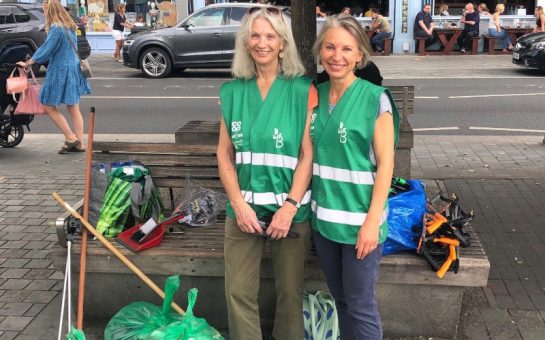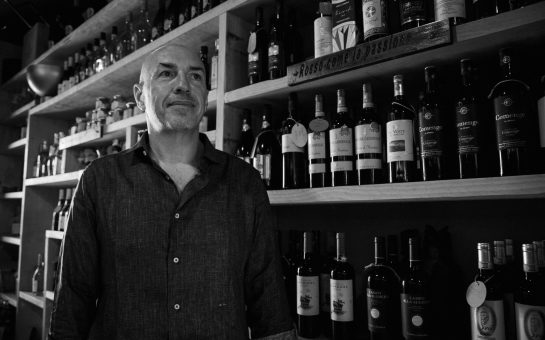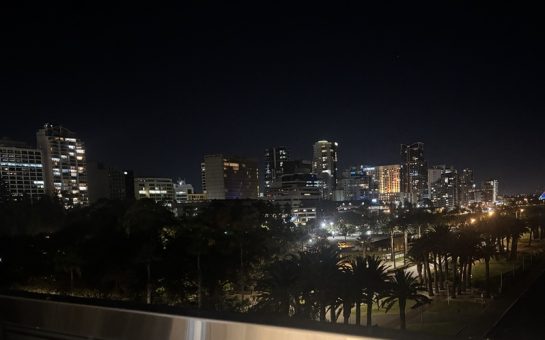In his book and series of lectures, author and broadcaster Colin Babb reflects on the impact of the 1973 West Indies tour of England, and how the series connected him with his Caribbean heritage.
Babb’s family migrated from Guyana and Barbados in the 50s and 60s, and the 73 tour was a social landmark, played for an audience of young Caribbean people who were born in Britain.
Babb said: “The 73 tour was one of my ways of feeling West Indian and it cemented the generations, whether it was for our parents in giving them a feeling of home, or for younger fans who saw the team as our ambassadors on English turf.”
In 1973 the National Front achieved their highest parliamentary election vote, and Babb explained how the Caribbean diaspora used cricket to give them a sense of hope through adversity in a climate of limited employment opportunities, social alienation and harassment by the police.
He said: “As a symbol of success we used West Indian cricket victories on English soil to hit back at the elements within British society that seemed intent on keeping us down.”
Babb’s own interest in the tour was peaked by the large contingent of Guyanese players in the West Indies team, and the squad’s diversity.
He said: “There was Rohan Kanhai and Alvin Kallicharan who were Indian-Caribbean, Clive Lloyd and Lance Gibbs who were African-Caribbean, and Steve Camacho who was Portuguese-Caribbean.
“They proved that everyone could work together, and cricket was a way for people to see the West Indies as a multi-layered culture.”
The tour was played at the Oval and Lord’s in London, and Edgbaston in Birmingham, two cities with large Caribbean communities, and these test matches created a sense of unity in exile.
He said: “You met friends you hadn’t seen in years, and I know stories of people going to the Oval and bumping into someone they went to school with in Barbados.”
The West Indies won the series with two wins and a draw, and 1973 laid the foundations for a team that would go unbeaten in 29 test series.
He said: “People expected the West Indies to just turn up and entertain, but in 73 they developed hard-bitten, professional attitudes, showing the English a style of batsmanship they hadn’t seen before.
“When we look at this period, we remember Clive Lloyd and Viv Richards, but we don’t talk about the bedrock of that success, developed under the leadership of Worrell, Garry Sobers and Kanhai.”
However, Babb felt that the cultural legacy of 1973 went beyond sport, and it was a seminal moment in history that should not be easily forgotten.
He said: “They delivered a rich source of collective self-esteem, inspiration and pride, supplying unmeasurable amounts of pleasure for Caribbean people in Britain.
“It wasn’t just about representation, it was about a team helping me and my community to assert ourselves. They were heroes. They were our heroes.”
You can follow Colin on Twitter @gavethecrowd. Copies of 1973 and Me are available on request from http://colinbabbauthor.com/




